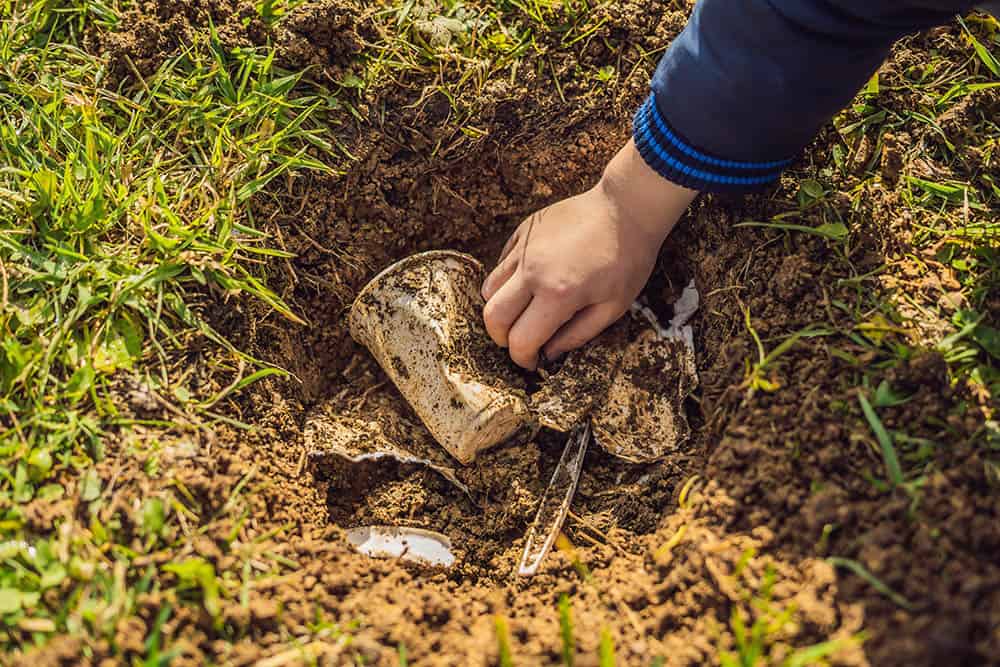Reliance Industries Ltd (RIL), an Indian multinational conglomerate, has developed a bio-degradable and compostable polymer – Polybutylene Adipate Terephthalate (PBAT), to replace fossil fuel-based raw materials with a sustainable substitute, in the wake of the ban on single-use plastic (SUP) in India.
Developed for a niche application, RIL is producing PBAT currently on a pilot basis and expects to commercialize it soon. The development of PBAT has attracted a paltry investment. According to a company official, its capacity can be ramped up without any significant fresh investment. “The pilot project is expected to complete soon. After that, the commercial sales of PBAT would begin. PBAT capacity can be expanded any time depending upon the actual demand from the user industries,” said the official.
RIL has developed and scaled up to pilot a novel process of PBAT. Different grades and varied melt viscosities of PBAT showed good performance in terms of physical and mechanical properties. The developed grades were also compounded with various fillers for ease of downstream processing and enhancing product properties required for applications in flexible as well as rigid packaging, and agriculture mulch films, among others.
RIL said in its Annual Report 2021-22 that was released on Saturday, “Novel bio-compostable net- bags have been developed through a net-extrusion process using PBAT polymer blends / compostable. The process optimization and development have been carried out on conventional downstream machines with high output and minimal loss of material in processing. It offered a cost-competitive product for a green packaging solution for the fruit and vegetable (F&V) sector. The developed net-bags are easy and convenient to use and have good weight carrying capacity.”
According to RIL, these net- bags are ideal for leafy vegetables, as they maintain freshness for a longer time. This development is important in view of the replacement of SUP with sustainable materials. Further, the R&D team is working on different variants of net bags for different weight carrying capacities to target applications other than the F&V sector.
“Global downstream demand of polymers is likely to improve amidst easing of Covid-19 restrictions, improvement in mobility, consumer sentiments, and large economic stimulus programmes worldwide. The momentum in transportation fuel is also likely to pick up pace as the global economy returns to the pre-Covid level. Polymer demand is expected to be strong, driven mainly by the growth in healthcare, e-commerce, packaging, durables, auto and infrastructure segments,” said the annual report.
The annual report further added, “Growth in the downstream polyester chain market is also expected to remain steady, making it possible to achieve higher operating rates. Although post-pandemic re-opening of the global economy is expected to provide further demand growth, however rising inflationary pressures on account of the ongoing geopolitical events and fears around economic slowdown could impact near-term demand outlook.”
Additionally, RIL has also developed green polyolefin products – EcoRepol (green polypropylene) and EcoRelene (green polyethylene). Trial runs are currently on for various applications of these products. RIL’s recently developed new generation air impermeable functional polymer can be used as puncture-proof inner lines for automotive tyres. By preventing tyre punctures, it will ensure more safety for vehicles on the move. The product will add value to next-generation electrical vehicle (EV) vehicles and contribute to net carbon zero economies.
These developments assume significance in terms of the ban on SUP items. After phasing out ultra-thin SUP items from October 1, 2021, the government of India enforced the Plastic Waste Management Rules 2021 under which the manufacture, import, stocking, distribution, sale, and use of several items categorized as SUP products have been banned with effect from July 1, 2022. The list of banned products also includes earbuds with plastic sticks, plastic sticks for balloons, plastic flags, candy sticks, ice cream sticks, polystyrene (thermocol) for decoration, plates, cups, and glass, among others.
For effective implementation of the ban, the government has decided to impose a penal action on violators with a fine of up to Rs 100,000 and a jail term of up to 2 years or both. Also, the government has mandated Extended Producers’ Responsibility (EPR) for identifying producers of plastic products and fixing their roles in the entire value chain until circularity.
Packaging 360 is a comprehensive knowledge sharing ecosystem for the Indian packaging industry. Our services include an online content platform to deliver news, insights and case studies; organising conferences seminars and customised training; Providing Bespoke Project Consulting, Market Research and Intelligence.







